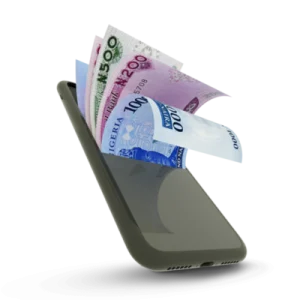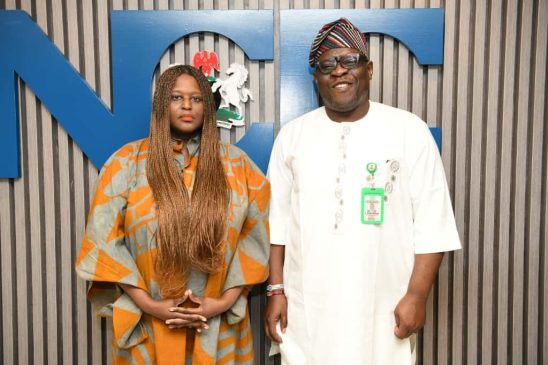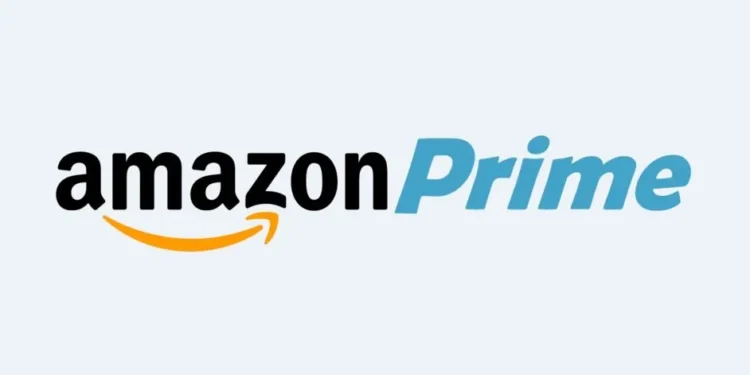Nigeria’s Information and Communications Technology (ICT) industry has witnessed significant growth over the past two decades, establishing itself as a pivotal sector for the nation’s economy. The rapid expansion of mobile telephony, internet connectivity, and digital services has spurred economic development, innovation, and job creation. According to the National Bureau of Statistics (NBS), “Activities in ICT contributed 16.66 per cent to Nigeria’s real Gross Domestic Product (GDP) in Q4 2023.”
The industry is, however, fraught with perennial challenges threatening its sustainability and long-term viability. Key among these challenges include issues of right of way (RoW), multiple taxation, rising electricity costs, and the inflation-eroded consumer spending power all of which threaten to impede the industry’s progress. Addressing these obstacles is crucial for ensuring the continued growth of the ICT sector and its contribution to Nigeria’s economic future.
Right of Way: The Infrastructure Bottleneck
The right of way (RoW) issue is one of the most significant impediments to the expansion of ICT infrastructure in Nigeria. RoW refers to the legal right to pass through property another party owns. For telecom operators, obtaining RoW is essential for laying fibre optic cables and other critical infrastructure. However, exorbitant fees and bureaucratic delays imposed by various state and local governments and private landowners have hampered progress. Adding to the challenge are unofficial demands by local strongmen in some states, making it hard to predict the total cost. This delays network expansion and increases costs, hindering service accessibility and affordability.
To mitigate this, a unified national policy on RoW charges is imperative. The Federal Government’s recent efforts to harmonize RoW charges and reduce fees are steps in the right direction, but consistent implementation across all states is essential. Collaboration between federal and state governments can facilitate smoother processes, lower costs, and accelerate the deployment of broadband infrastructure, ultimately enhancing connectivity across the country.
Clear and standardized guidelines can expedite approvals and incentivize infrastructure development in underserved areas.
Multiple Taxation: The Financial Burden
Multiple taxation is another significant challenge that stifles growth in Nigeria’s ICT sector. Telecom operators and ICT companies often face an array of taxes and levies from different levels of government, from federal to local. This fragmented tax system creates an uneven playing field and increases the operational costs for businesses, discouraging investment and expansion.
Streamlining the tax regime is crucial for creating a conducive business environment. Implementing a standardized tax framework that minimizes redundancies and promotes transparency can alleviate the financial burden on ICT companies. Additionally, tax incentives for investments in rural and underserved areas (universal access) can encourage broader infrastructure development, bridging the digital divide and fostering inclusive growth.
Rising Electricity Costs: The Power Challenge
Electricity costs in Nigeria remain prohibitively high, with service notoriously unavailable, posing a significant challenge to the ICT industry. Reliable and affordable power is essential for operating data centres, telecom towers, and other critical infrastructure. However, the inconsistent power supply and high costs have forced many ICT companies to rely on diesel generators, further inflating operational expenses.
Investing in renewable energy solutions, such as solar power, can offer a sustainable alternative. Government policies that support the adoption of renewable energy technologies, coupled with incentives for ICT companies to transition to green energy, can reduce reliance on costly and environmentally damaging diesel generators. Public-private partnerships in the energy sector can also drive investments in infrastructure, ensuring a more stable and cost-effective power supply for the ICT industry.
Inflation and Consumer Income: The Demand Side
The impact of inflation on consumer income is another critical factor affecting the sustainability of Nigeria’s ICT sector. As inflation erodes purchasing power, consumers have less disposable income to spend on digital services and products. This decline in consumer spending can limit the growth of ICT companies and stifle innovation.
To address this, ICT companies need to adopt innovative pricing strategies that cater to the economic realities of their customers. Offering flexible payment plans, affordable data bundles and value-added services can attract and retain customers even in challenging economic times. Additionally, investing in digital literacy programs can empower more Nigerians to participate in the digital economy, expanding the customer base and driving demand for ICT services.
The Path Forward
A sustainable ICT industry in Nigeria hinges on a collaborative effort between the government, private sector, and civil society. Nigeria can unlock the full potential of its ICT sector by addressing the existing challenges and fostering an enabling environment. This will not only drive economic growth but also empower its citizens, bridge the digital divide, and position Nigeria as a leader in the global digital age.
It is clear, that by implementing unified policies, streamlining tax regimes, investing in renewable energy, and adopting customer-centric strategies, Nigeria can overcome these challenges and unlock the full potential of its ICT sector. A sustainable ICT industry will not only drive economic development but also position Nigeria as a leading digital economy in Africa, promoting innovation, job creation, and inclusive growth for years to come.















+ There are no comments
Add yours